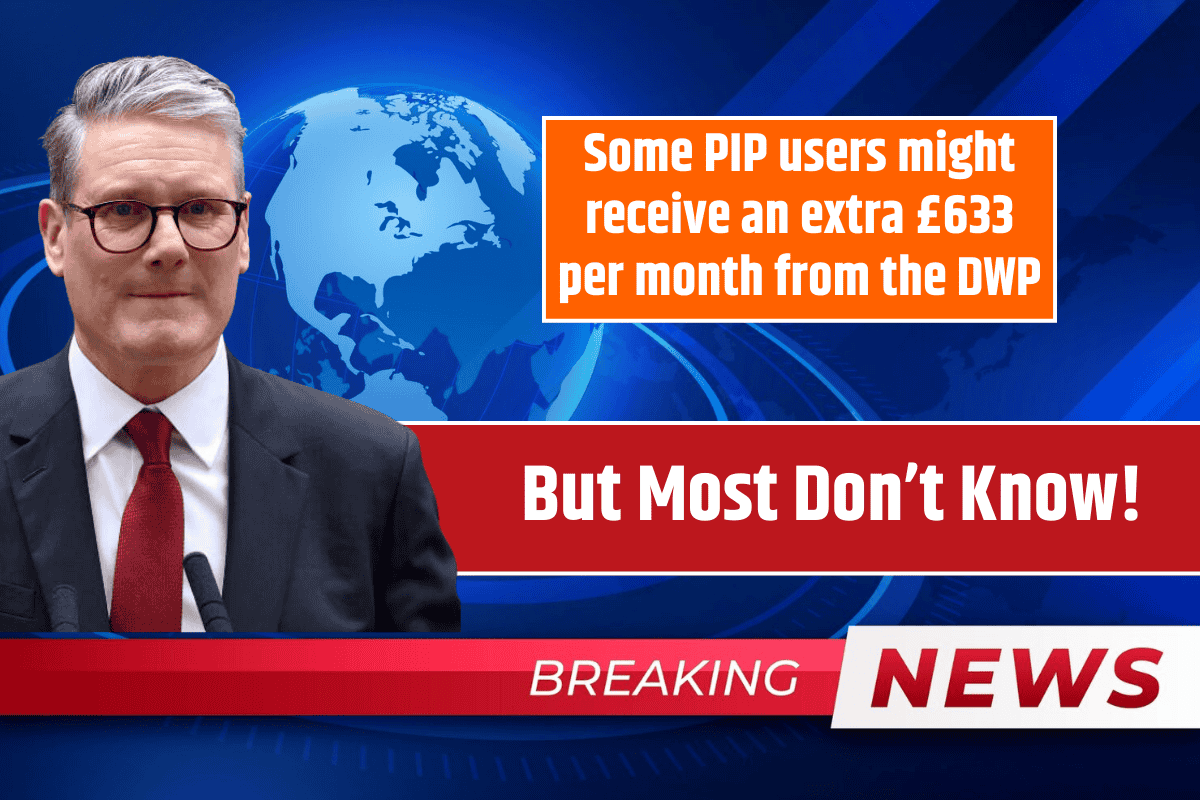Millions of workers across the UK are being told to keep an eye out for an important document—your P60. If you’re employed, your P60 should be arriving soon, and it holds key information about how much tax you’ve paid. More importantly, it shows a tax code that could reveal if you’re paying too much or too little tax.
What Is a P60 and Why Is It Important?
Your P60 is a summary of the income you earned and the tax you paid over the tax year, which runs from 6 April to 5 April. It’s a document your employer must give you if you were working for them on 5 April of the current year. They have until 31 May to give it to you—either on paper or digitally.
If you have more than one job, you’ll get a P60 for each one. It’s an official record and is often needed when applying for tax refunds, tax credits, loans, or mortgages.
What Code Should You Look Out For?
Personal finance expert Sarah Coles from Hargreaves Lansdown says, “It isn’t always easy to understand your P60, but the most important part is the final tax code.”
If this code is wrong, you could end up overpaying or underpaying your taxes. That might mean waiting to get money back, or suddenly being told you owe HMRC more money. Either way, it’s a headache.
So once you get your P60, check the tax code carefully. If you don’t understand it, you can visit the HMRC website or speak with your employer or a tax expert.
What If You Don’t Get a P60?
If you’re supposed to get a P60 and it doesn’t arrive by 31 May, you should:
- Ask your employer
- Check your personal tax account online
- Use the HMRC app
- Contact HMRC directly
Your personal tax account or HMRC can provide the same information that would appear on your P60.
Can You Claim Back Overpaid Tax?
Yes, if you’ve paid more tax than you should have, your P60 can help you get that money back. You can also use it to apply for tax credits, or as proof of income when applying for things like loans, mortgages, or student finance.
HMRC will usually calculate your final Income Tax between June and November each year. After that, you might receive a P800 letter. This letter tells you if you’re owed a refund or if you need to pay more. You can then sort it out online using the details from the letter.
What If You Filed Taxes Through Self Assessment?
If you paid tax through Self Assessment last year, you won’t be able to use the online service to check or claim via your P60. Instead, you’ll need to go through your Self Assessment records.
Your P60 might seem like just another tax document, but it’s actually really important. It holds the key to knowing whether you’ve paid the right amount of tax. Even a small error in your tax code can cost you money, so always check it. If something doesn’t look right, take action quickly—whether it’s speaking to your employer or reaching out to HMRC. Understanding your P60 now could save you a lot of stress later.
FAQs
What is a P60?
A P60 is an official document from your employer showing how much you earned and how much tax you paid during the tax year (6 April to 5 April). You need it for refunds, tax credits, or loan applications.
When should I receive my P60?
If you’re employed on 5 April, your employer must give you your P60 by 31 May. It can be on paper or sent electronically.
Why is the tax code on my P60 important?
The tax code tells HMRC how much tax to take from your pay. If it’s wrong, you could overpay or underpay tax, leading to problems or refunds.
What should I do if I don’t get a P60?
Ask your employer first. If they don’t give it, use your personal tax account, HMRC app, or contact HMRC directly to get the information.
Can I get a tax refund using my P60?
Yes. If you’ve overpaid tax, your P60 helps you claim it back. It also supports loan, mortgage, or tax credit applications.






